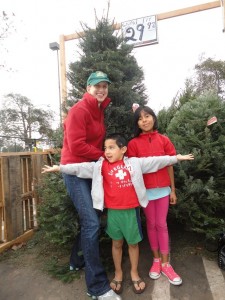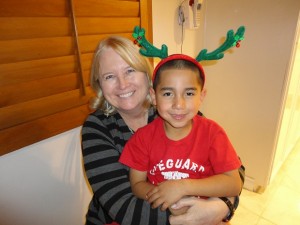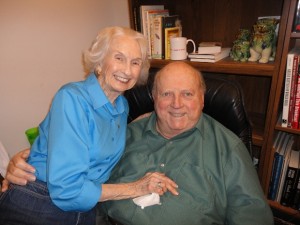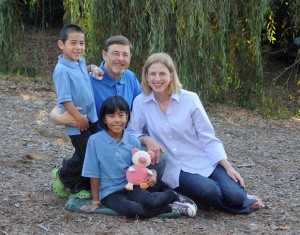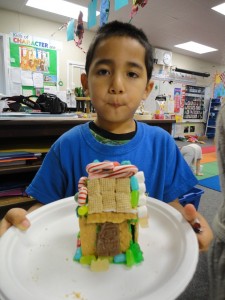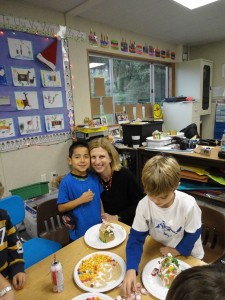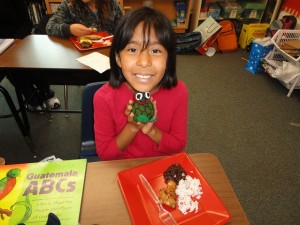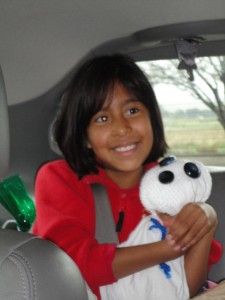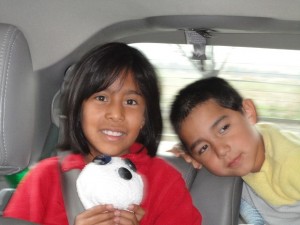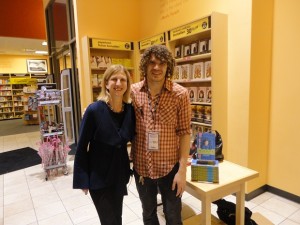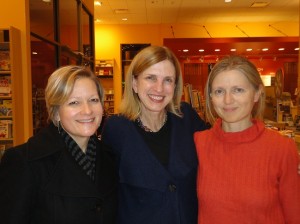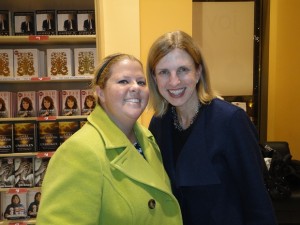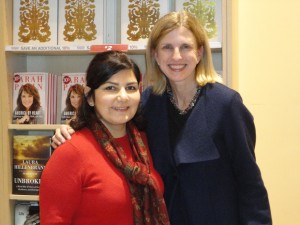When I was asked to get a back-cover endorsement for Mamalita from someone prominent in the adoption field, I didn’t think twice before approaching Leceta Chisholm Guibault. Leceta is a person admired and respected by me and many others in the Guatemalan adoption community and beyond: the adoptive mother to two teens born in Central America, a former board member of the Adoption Council of Canada, an Adoption Activist award- winner, and a staff member of the TIES program (Adoptive Families Homeland Journeys). During the years I’ve been involved in adoption myself, I have read and benefited from Leceta’s magazine articles and postings in which she shares her experiences and insights.
Leceta is currently a Canadian regional partner for Orphan Resources International, an American nonprofit organization that supports some 55 orphanages in Guatemala. During the past two years, she has led more than 150 Canadian volunteers on six separate service trips. In an article titled “A View from the Trenches: Inside Guatemalan Orphanages,” in the December issue of Adoption Today, Leceta shares her impressions of what she has seen and felt. Or as she says in the article’s introduction, “what keeps me awake at night and why I continue to provide aid to children in Guatemala.” As usual, she tells her story with compassion, honesty, and bravery.
Adoption Today is published online only. The $12 subscription fee is money well-spent for anyone interested in the current state of international and transracial adoption. Leceta writes:
Most homes share the same issues– overcrowding. Many are filled with abandoned infants, as well as children in care due to severe abuse and neglect. Infants were arriving if not daily, weekly. At Fundaninos orphanage, the infants we met in 2009 are now toddlers. Another home we volunteer for is a baby home with 50-60 children, the majority being infants and young toddlers. Every time I visit, bassinets are full with newborn to 5-month-olds…
In May, I walked into one of the three overcrowded nurseries and fell to my knees… I sobbed. There were babies everywhere being fed by propped bottles. Don’t get me wrong — it was a beautiful, clean and loving home. The home receives a lot of clothing donations… The problem is, it’s overcrowded. There are not enough caregivers — during one visit there were 37 infants with two nannies. It was an assembly line of diaper changes and bottle propping… The children were craving attention and happy just to be held. I brought 23 volunteers and even holding two children each there were little ones waiting for their turn. These children need parents… (more…)



 ShareThis
ShareThis